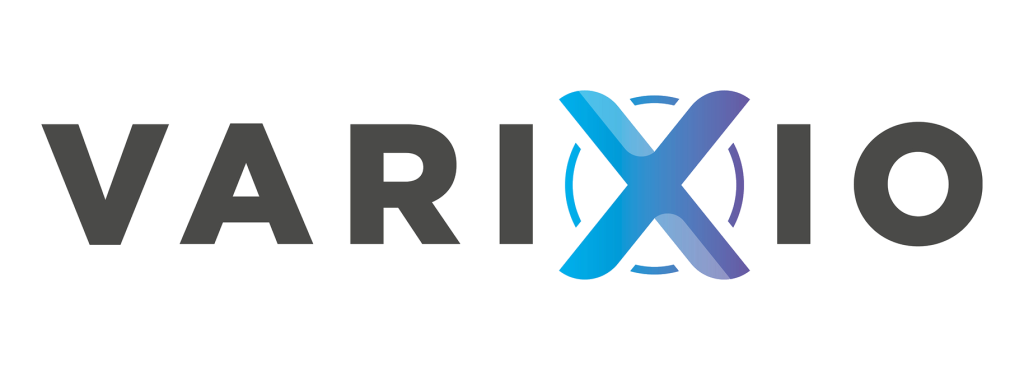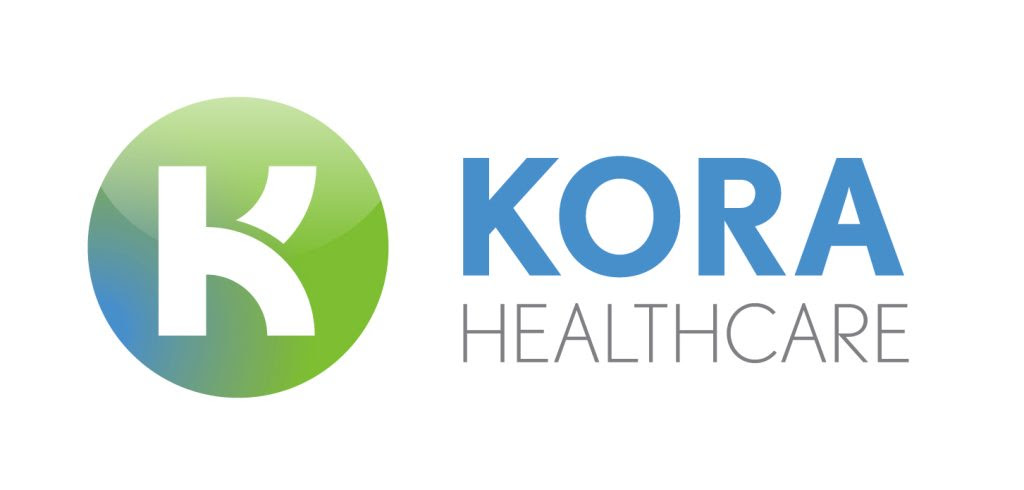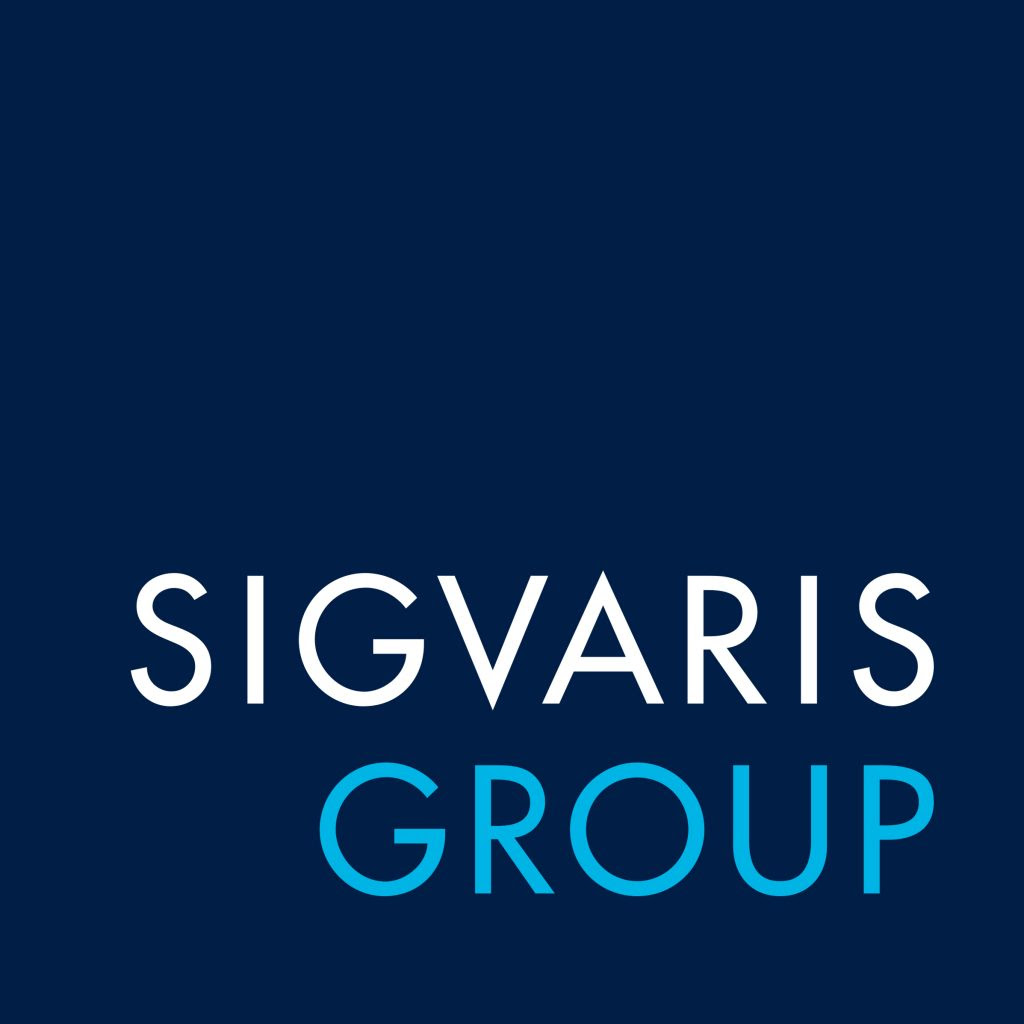
Review of Vascular Societies’ Annual Scientific Meeting 2021
Reflections from Mr Zola Mzimba FRCSE RPhS, Director Veins North West and member of BAS Board
I recently attended the Vascular Societies’ Annual Scientific Meeting 2021. After eighteen months of Zoom meetings, webinars and online interactions I’d forgotten what an early start feels like to get to the airport for the morning flight to Manchester! Attending meetings is all about interaction and learning, and the conversations started before we had even reached the Conference Centre as I bumped into a mentor and past President of the Vascular Society in Belfast’s airport departure lounge. It quickly became apparent what makes face-to-face conferences so special. Virtual meetings and webinars have their place and are a great way of imparting information, however I find attending a webinar much like watching a film on DVD at home. Enjoyable yes, but you miss the wide screen cinematic splendour and surround-sound that the Presentation Hall at a face-to-face meeting provides.
The Venous Forum section of the meeting opened with an abstract session. Clinicians of varying experience from medical students through to very senior trainees who have now been appointed Consultant presented their work. A wide variety of topics was covered from cellular biology though to randomized control trials. A common theme ran through several presentations – the impact that COVID-19 has had on the delivery of services. The unit from Newcastle presented their experience of extending the local anaesthetic radiofrequency ablation treatment list to Saturdays, thus increasing the delivery of venous services. A group from Norfolk and Norwich and Cambridge demonstrated that as the waiting times for venous interventions increased so did the number of patients who suffered major clinical as well as psychological harm.
This theme continued through the Venous Forum session of invited speakers. Leanne Atkens in her presentation on “CoViD-19 and venous ulcer care: Impact of the pandemic, current challenges and future perspectives” passionately demonstrated her unit’s novel approach to speeding up the patient pathways towards adequate compression and early intervention to aid ulcer healing. One of her take home messages was that the application of compression for the treatment of venous ulceration is woefully inadequate and people are under the misapprehension that lower compression pressures can be kinder to patients. She points out that nothing is further from the truth as adequate compression is required to heal an ulcer and early referral for intervention should be undertaken.
Arminda Singh, a Vascular Higher Specialty Trainee from the Midlands, presented on the impact COVID-19 has had on venous training in the UK. He demonstrated that trainees are struggling to get any venous intervention training during the current pandemic.
As another of the invited speakers at this international conference I presented my views on “The Northern Ireland perspective on disparities and inconsistencies in superficial venous care.” I was able to demonstrate how the centralisation of services to a few high-volume centres has reduced the waiting lists and removed the ‘postcode lottery’ across Northern Ireland.
As well as the enlightening presentations I had the chance to meet industry representatives and view products, discuss techniques and exchange ideas. Although at first glance the numbers attending seemed to be smaller than at previous Vascular Societies’ meetings, the background hum of discussion was almost deafening within the exhibition hall where nearly 50 exhibitors were present.
What impressed me most about the Vascular Societies’ meeting was the multidisciplinary approach taken. The meeting was hosted by the Vascular Society for Great Britain and Ireland whose members consist mainly of vascular surgeons, however The British Association of Chartered Physiotherapists in Amputee Rehabilitation (BACPAR), The Society of Vascular Nurses (SVN) and The Society for Vascular Technology (SVT) also played a part. There was considerable cross over within the presentations and the audiences. This multidisciplinary approach to models of vascular care was echoed repeatedly throughout the meeting and ensured that everyone appreciated that the care of the patient was central to the debate and that all these aligned healthcare professionals had a significant role to play in contributing to improved outcomes.
For me personally as a Phlebologist, the icing on the cake came when I learnt that Mr Andrew Garnham had been appointed President Elect of the Vascular Society, due to take office in 2024. This vascular surgeon and former trainer of mine has always been an advocate for Phlebology and he is keen to bring on board other societies such as the British Association Sclerotherapists. Hopefully from a phlebologist point of view future collaboration with such large established societies will improve the training of future phlebologists. If COVID-19 has taught anything it is that every challenge presents an opportunity! That opportunity is to reconfigure and improve service delivery of all aspects of venous disease treatment.
- Latest News
- BAS 2025 conference date confirmed Posted: 30th September 2024
- BAS Announces Board changes Posted: 26th September 2024
- Highlights of BAS 2024 Sclerotherapy Conference Posted: 12th June 2024
- BAS 2024 Registration is now open! Posted: 6th March 2024
- Licensing of non-surgical cosmetic procedures in England Posted: 26th October 2023






